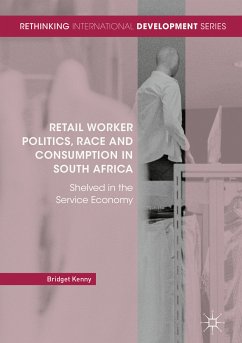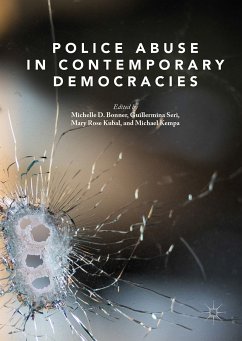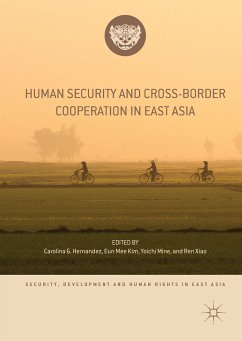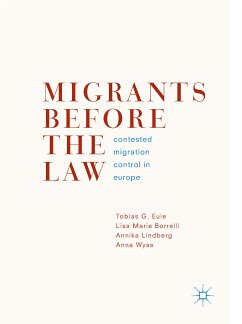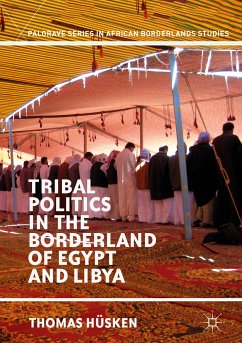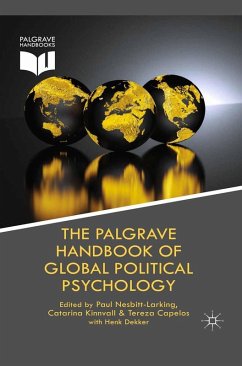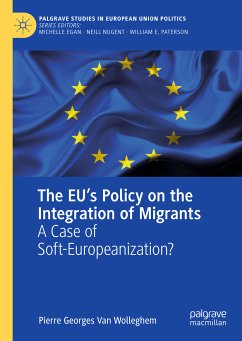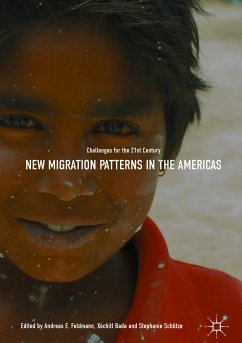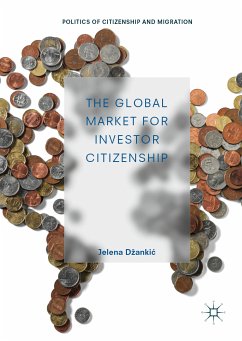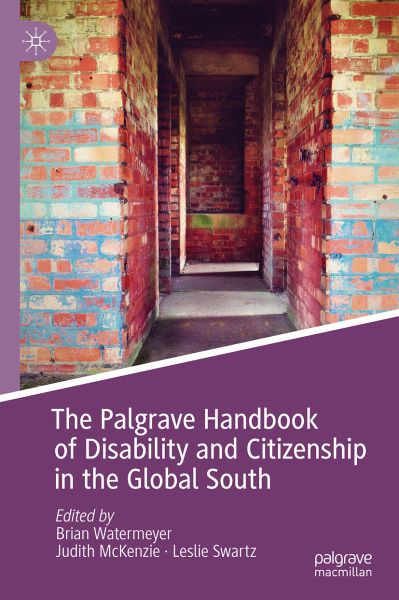
The Palgrave Handbook of Disability and Citizenship in the Global South (eBook, PDF)
Versandkostenfrei!
Sofort per Download lieferbar
216,95 €
inkl. MwSt.
Weitere Ausgaben:

PAYBACK Punkte
108 °P sammeln!
Provides a much needed perspective on the relationship between disability and citizenship in the Global South
Engages the unique case of the South African experience at a time of ongoing democratic transition
Brings together an eclectic group of authors from academia, the policy world as well as civil society, engaging with hands on questions and issues surrounding everyday challenges of the disabled: from transportation, to participation in the broader economy
Dieser Download kann aus rechtlichen Gründen nur mit Rechnungsadresse in A, B, BG, CY, CZ, D, DK, EW, E, FIN, F, GR, HR, H, IRL, I, LT, L, LR, M, NL, PL, P, R, S, SLO, SK ausgeliefert werden.



